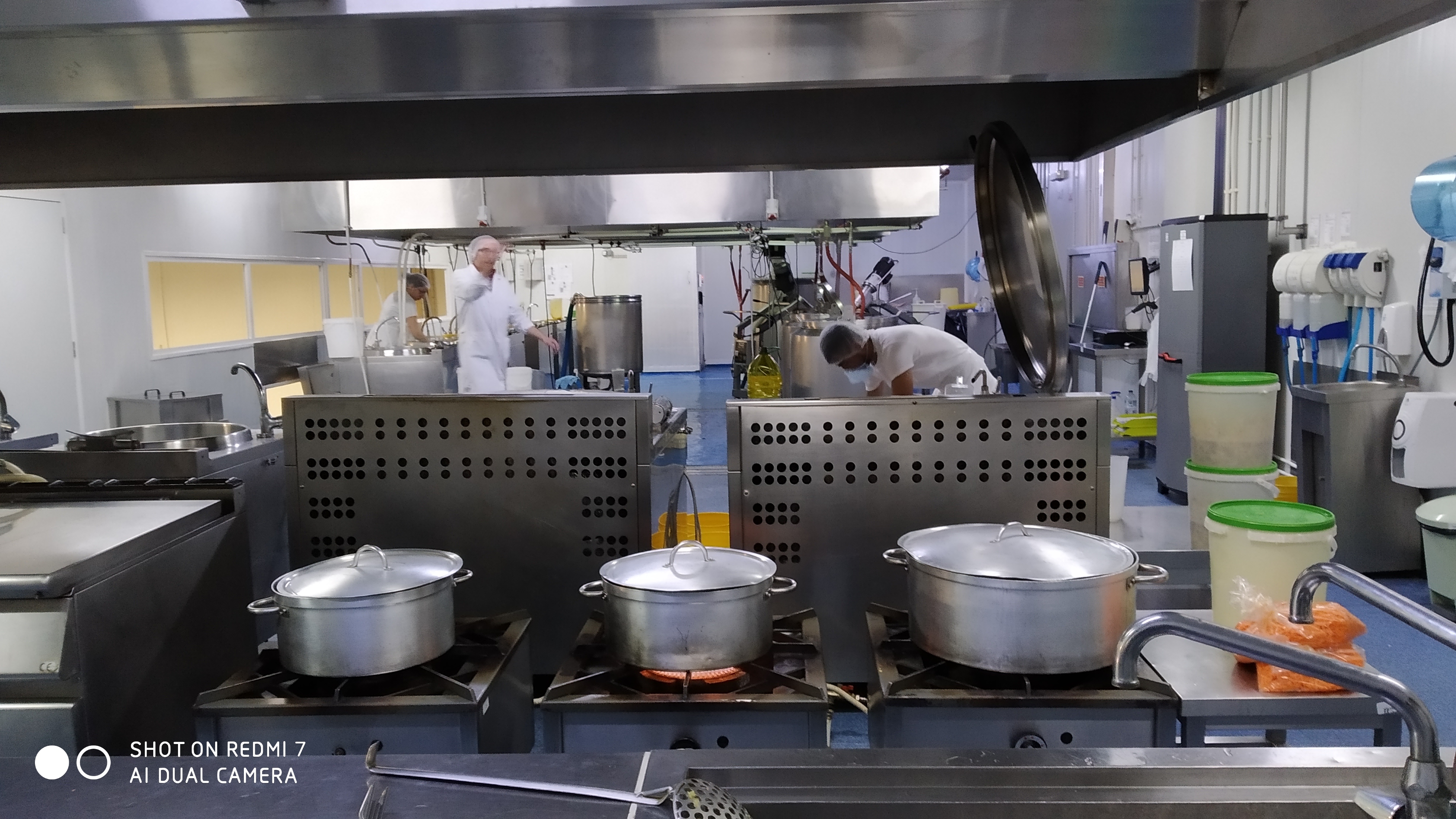
In a united effort to address the growing prevalence of non-communicable diseases (NCDs) in the European region, a consortium of research institutions, small and medium-sized enterprises (SMEs), and associations is embarking on an innovative project. The project aims to shed light on the profound health benefits of the Mediterranean diet and its potential to combat NCDs effectively. Researchers from UCIBIO-NOVA integrate the consortium of the project “DM4You – Mediterranean Diet potential for the increase of life quality: + health + sustainability” that received 546 K euros funding, under the “Agenda de Inovação para a Agricultura 20|30 – Terra Futura” of the Portuguese Recovery and Resilience Plan.
The highest prevalence of NCDs caused by unhealthy habits is registered in the European region. However, much of the premature mortality could be avoided as at least 80% of all heart disease, stroke and type 2 diabetes and at least one third of cancer cases are. As specifically addressed by Sustainable Development Goal 2.4 (mortality reduction from NCDs), the change for healthier eating habits that promotes health and well-being are in need and the potential for health gain is enormous.
The consumption of a diet rich in plant-based foods, such as fruits, vegetables, and legumes, has been associated with multiple health benefits, including a reduction in the risk of developing NCDs. The Mediterranean diet, which includes foods rich in bioactive compounds, has been shown to have nutraceutical effects, being associated with a reduction in overall mortality and the risk of developing obesity and cardiovascular disease and type 2 diabetes, both major NCD. As a typical plate of soup contains 100g of vegetables, the intake of 2 plates of soup per day associated with the consumption of three pieces of fruit meets the World Health Organization recommendation for plant-based foods consumption.
Soups are characteristic of the dietary model of the Mediterranean diet, being ancestral, and basic, food in the Portuguese diet. The Mediterranean diet is long acknowledged for improving cardiovascular health and favorable effect on obesity and type 2 diabetes and more recently its role as an anti-inflammatory dietary is being reported. By analyzing the proteins circulating in the blood stream the physiological status of individuals can be assessed some proteins being known to be involved in cellular aging and inflammatory response (e.g. IGF1, HIF1, CRP, GDF15). The discovery potential is immense, since the combination of different methodologies with liquid chromatography and mass spectrometry (LC-MS/MS) allows the detection of more than 2000 proteins in plasma, going far beyond the analysis of the most abundant, and already described proteins.
Carla Pinheiro, researcher at the MolMicro of Bacterial Pathogens lab of UCIBIO-NOVA, is the coordinator of the project at NOVA FCT and explains that “Our main task is the proteome analysis of the blood plasma and its modulation by diet. As plasma proteins show sex-associated profiles and age association sex differences, female and male groups for two age intervals will be considered. In close collaboration with Luxembourg Institute of Science and Technology, we aim to deliver a list of candidate proteins for further validation. The hypothesis is that blood plasma proteins will reflect the physiological status of the individuals providing scientific support to political and social initiatives aiming at better and sustainable eating habits. An additional goal is to assess if non-invasive fluids (saliva) can reflect the physiological status of the individuals, which poses considerable advantages.”
The consortium is coordinated by Instituto Politécnico de Portalegre and partners include researchers from UCIBIO-NOVA, University of Évora, Instituto Nacional de Investigação Agrária e Veterinária, I.P., Instituto Politécnico do Porto, and Faculdade de Ciências da Nutrição e Alimentação da Universidade do Porto. Complementing the research institutions, a group of SMEs have joined the consortium: Vasco, Nuno & Cláudio Vieira, Lda, Ingrediente D'Arromba, Lda, Courela do Zambujeiro, Lda, and AICF - Agroinovação S.A. Associations are also included in consortium: ADRAL, SA, ADER-AL (a local action group), the National Pera Rocha Association.
The kick-off meeting of the project took place last March 2023 at the University of Évora and included a visit to a project partner where the soups will be produced.




